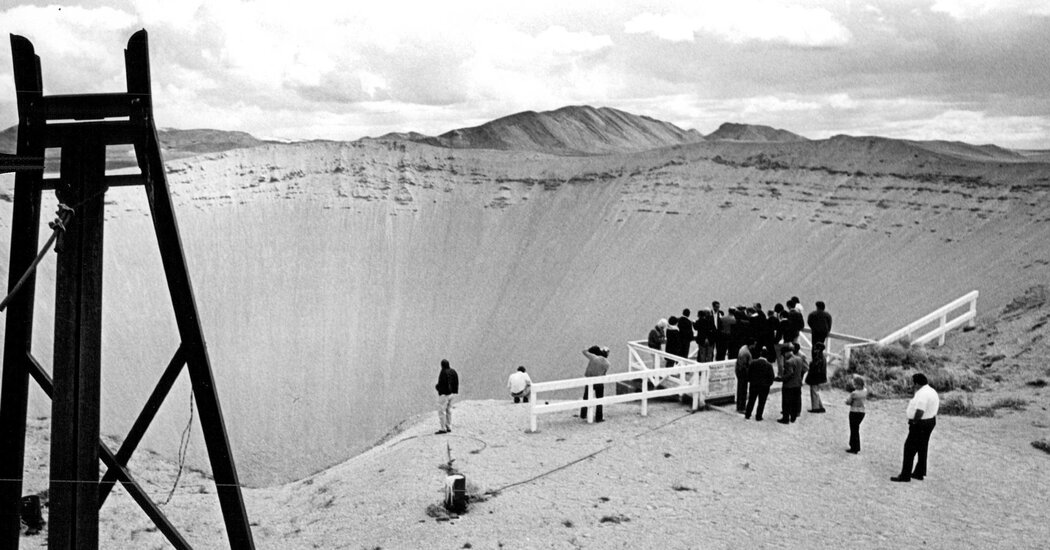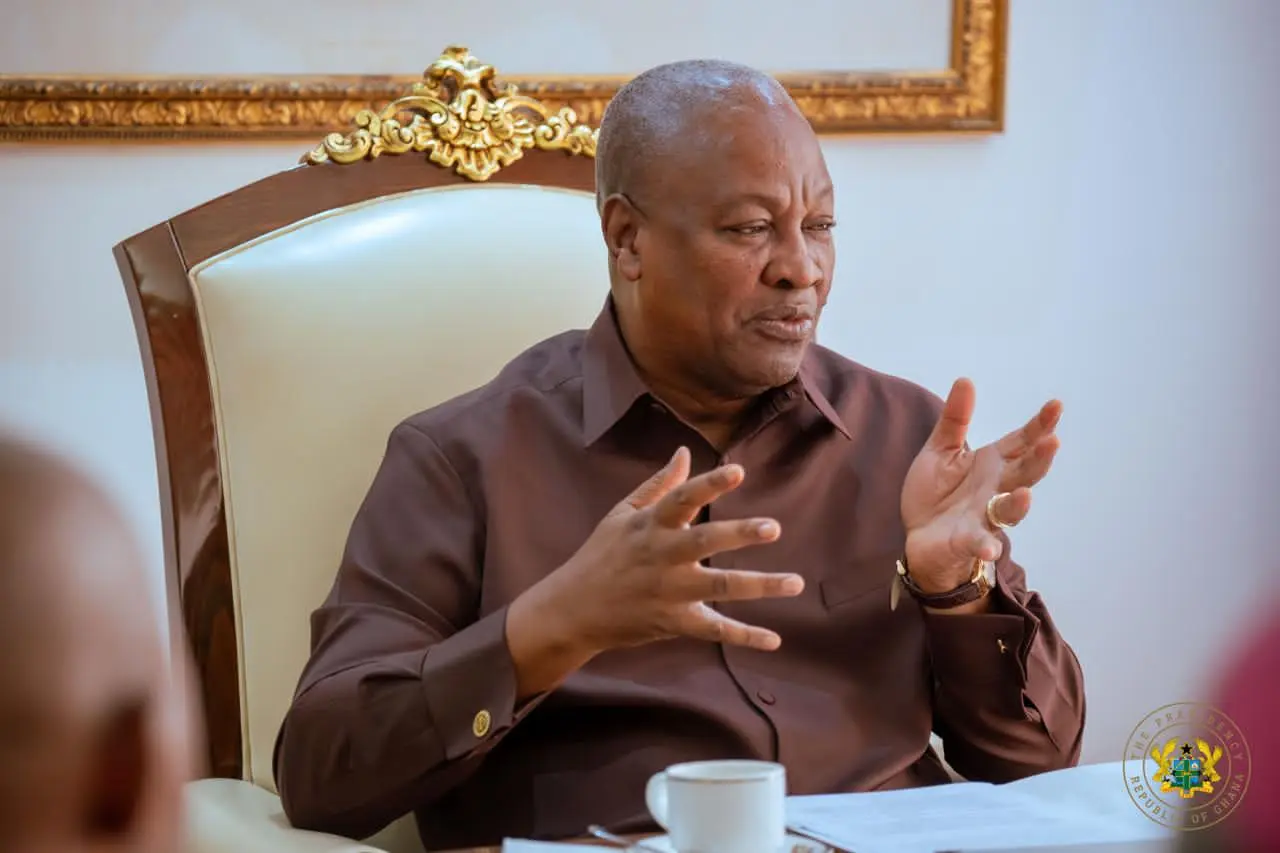Copyright scmp

When Grace Oh began experiencing perimenopause symptoms around the age of 45, including sleep difficulties and low energy, a well-known gynaecologist in Singapore dismissed them, saying, “You can’t be in perimenopause – your periods are still regular.” The information was wrong. Other doctors told her that “menopause is a normal part of ageing, not a disease”, leaving little space for a deeper discussion about her physical and emotional changes. “These encounters – at different points in my life – revealed a consistent pattern: many doctors lack the framework, language or confidence to address menopause holistically.” Left with more questions than answers, South Korean Oh began sharing evidence-based information online. This initiative sowed the seeds for a career pivot that would see the graduate of Dartmouth College and Harvard Business School leave a successful Wall Street career to pursue the under-researched menopause care market. “There has been very little research on women’s health beyond fertility, and many women have been dismissed or misdiagnosed,” Oh says. View this post on Instagram A post shared by SOL | Menopause app for women in Asia (@solmenopause) What she learned was that many women are misunderstood. Some doctors dismissed symptoms, telling women to “do some yoga” or that they are “too young to be experiencing menopause symptoms”. Others gaslight women by saying their symptoms were “in their head”. A big problem, Oh says, is a lack of research involving Asian women, which, in turn, affects diagnosis and treatment. Studies have shown that significant racial and ethnic disparities exist in the age of menopause onset, the duration of the menopausal transition, and the frequency and severity of symptoms. Research shows that Asian women often experience menopause earlier, at ages 48-49, compared to 51 for Caucasian women, with South Asians experiencing it even earlier. Symptoms vary: in Caucasian women, hot flushes are the most common symptom, while Asian women are more likely to experience joint and muscle pain. “Doctors were dismissing women because they didn’t have enough training and were following information that they were taught 20 years ago, based on research conducted on Caucasian women in the US and UK,” Oh says, adding it is an example of the medical bias that exists in women’s health. “The median percentage of Asian participants per biomedical study is only 3.8 per cent.” Last month, Oh saw the fruition of years of work on the subject with the launch of Sol Menopause, a medically reviewed menopause app that gives women access to trusted guidance while providing employers with a solution to improve well-being and retention. Developed with healthcare professionals and informed by experience, created specifically for women in Asia, Sol – for Spring of Life – delivers personalised and culturally relevant support. It is timely. The financial and productivity consequences of menopause are linked to an estimated US$150 billion in annual costs worldwide, driven by lost productivity and healthcare expenses. Worldwide, 1.2 billion women over the age of 45 represent almost one-third of the female population, yet 80 per cent of doctors receive little or no training in menopause, Oh says. In Asia-Pacific, where cultural stigma remains strong, Oh says, 67 per cent of women over 45 say symptoms disrupt their work, leading to talent loss at senior levels. Sol is a tool that can be used daily and discreetly, she says. Tashiya Mirando, family doctor and menopause lead at Singapore’s Osler Health International and medical adviser to Sol, says the app aims to empower women. “Too many women navigate menopause feeling dismissed and without reliable support. Sol directly addresses this by providing trusted, medically reviewed information and personalised tools,” Mirando says. “This isn’t just about improving health outcomes; it’s about empowering women to thrive in every aspect of their lives, including the workplace.” Available on iOS, Sol offers tools and resources, including confidential, evidence-based guidance and symptom tracking, personalised wellness plans and bite-sized programmes to support sustainable behaviour change. It also provides a practitioner map that connects users to trusted doctors and specialists across the region. For organisations, Sol offers practical frameworks to build menopause-inclusive workplace policies and fosters a supportive community for employees navigating this life stage. The app, Oh says, is useful for people who have already gone through perimenopause and is more than a symptom tracker. “It is also a longevity companion that gives you tools, information and support to take charge of your whole health – cardiovascular, mental, cognitive, sexual, pelvic, musculoskeletal or metabolic – even after you no longer experience perimenopause symptoms,” Oh says. “There are in-depth expert series, [a] personalised health report and wellness blueprint, and community features including a professional map to support women holistically through different life stages.” Sol Menopause is another example of the burgeoning “femtech” sector, a sphere devoted to technological solutions for health conditions specific to women, from maternal, menstrual and menopause to sexual health and fertility. But while there is much hype around the sector – it is estimated to reach US$60 billion globally by 2027 – Oh says there is a long way to go, with gender bias in funding a major obstacle. “I would say the femtech industry is emerging, not established,” Oh says. Industry players need collaboration and support because investors are looking for returns, but these are still unproven. The app is also a huge personal milestone for Oh. It is a product of her passion and something that she has done for herself. In the past, she says, she made decisions to make others happy. For years, she felt pressure from her parents, teachers and society to follow a prestigious path that was expected from “a nice girl”. Oh’s led her to New York’s Juilliard to study the violin, where she would sometimes practise up to 18 hours a day. Later came the pressure to be flexible and accommodate her husband’s career, often at the expense of her own opportunities. “A lot of people had a say in my life, but now I’m on my path and helping women navigate midlife changes and improve their health and well-being,” Oh says. Oh is keen to have continuous feedback and improvement to make the app more effective and user-friendly, to continue to conduct and source more research, and explore ways to raise awareness. “I want people to have stigma-free conversations about menopause … I want to build a supportive community.” Like what you read? Follow SCMP Lifestyle on Facebook, X and Instagram. You can also sign up for our eNewsletter here.



